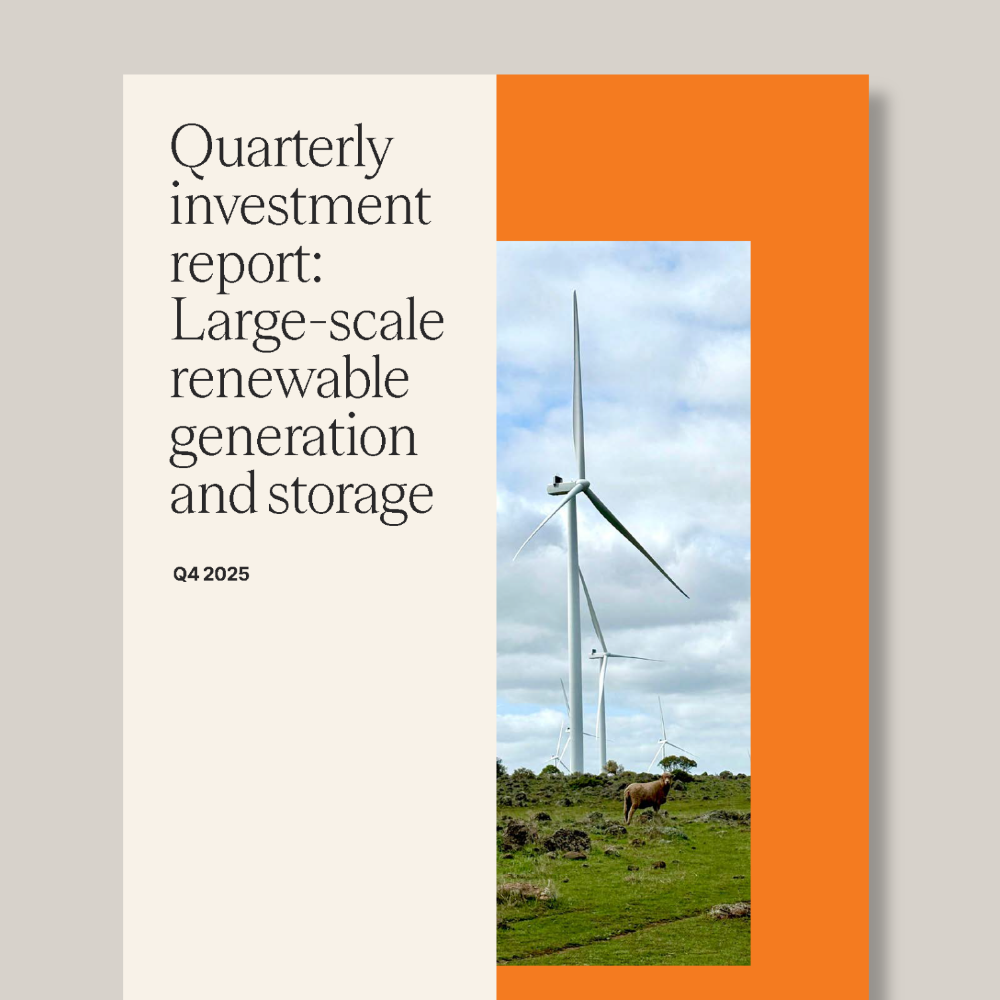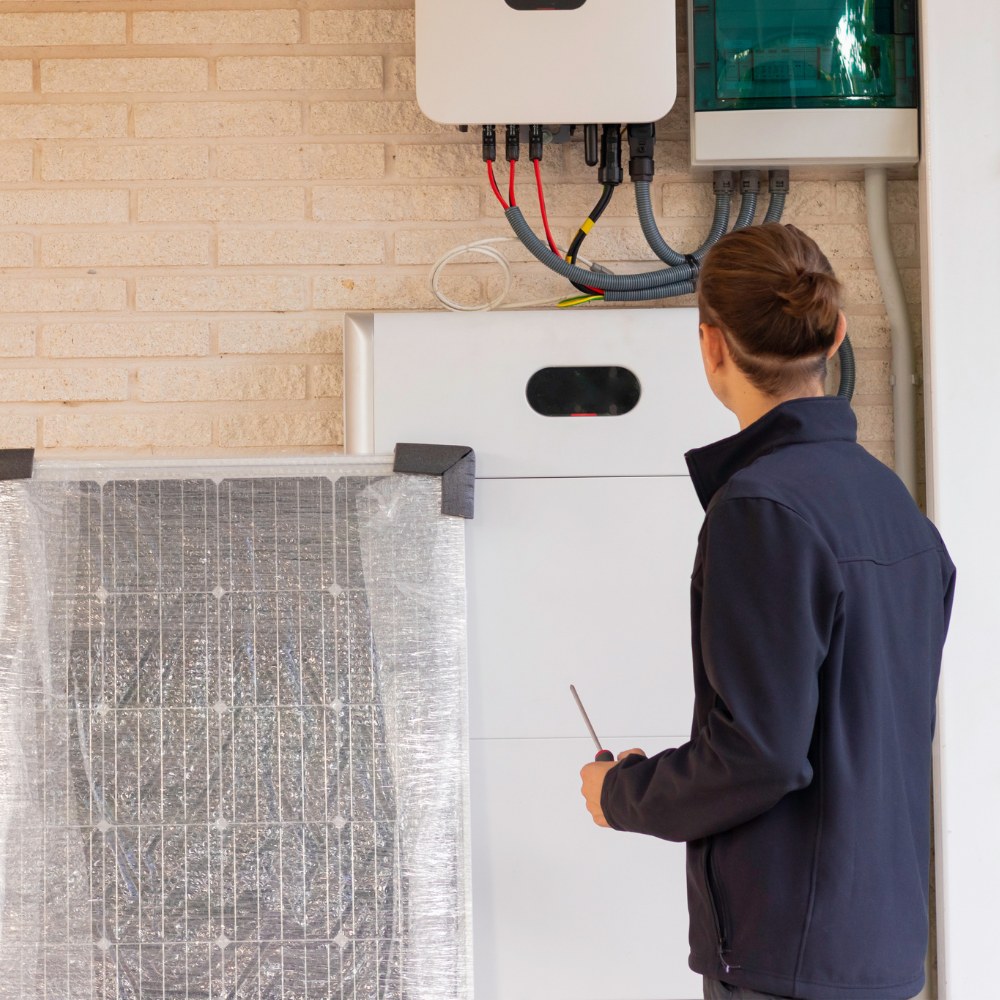Overnight, the Australian Industry Skills Committee (AISC) released details of a major update to vocational training units in small-scale renewables following an extensive review and recommendations from the Clean Energy Council.
The changes aim to raise standards, address job shortages, and better equip the industry for modern energy demands.
A Technical Advisory Committee, comprised of representatives from the Clean Energy Council, Energy Safe Victoria, industry and training stakeholders, recommended significant changes to raise standards, address skill shortages and modernise requirements. Those recommendations were accepted by the AISC today and represent the first comprehensive upgrade to training in the sector in more than 10 years.
The Clean Energy Council’s Skilling the Energy Transition report, released earlier this year, showed that skills shortages in the industry pose a significant risk to Australia’s clean energy transition. As part of its commitment to investing in people and industry, the Clean Energy Council spearheaded a substantial review of vocational training for rooftop solar and small-scale renewables.
Dr Anita Talberg, the Clean Energy Council’s Director of Workplace Development, said of the updated training requirements:
“The Australian rooftop solar industry is a true global success story and will continue to lead the way in helping homes and businesses reduce their energy bills and emissions. Its success depends on competent, informed and experienced tradespeople and professionals. These new updates to training, the most significant in over ten years, provide a great base for the workforce to continue to grow and provide consumers with safe, quality, clean and affordable energy systems.”
The updated training units will have the following benefits:
More job roles employed in the rooftop solar industry will have access to formal training
New training units create opportunities for sales and support staff at rooftop solar and storage companies to undertake training to improve customer service and consumer outcomes.
Easing demands on electricians
The updated training units create a pathway for non-electricians to become recognised designers of small-scale renewable systems, easing current demands on electricians to fulfill this role.
Installers and designers can expand their skills with formal training
Installers and designers will be able to demonstrate to employers and consumers that they are professionally qualified to deliver these services, raising standards and consumer confidence.
Clearer training pathways for different grid connections
Updated units will separate grid-connected, off-grid and microgrid making it simpler for electricians and designers to focus on different services.
Improved sustainability in the industry
New units focussed on fault finding, repair and maintenance will help reduce waste and extend lifetime value for consumers.
To encourage uptake of the new training units the Clean Energy Council will be offering updated pathways into their Accreditation requirements for new installers and designers and working with retailers, training organisations, governments and installers to understand the benefits.
Australia is already a world-leader in small-scale renewable energy generation, with over 3 million rooftop solar systems providing over 7 per cent of the country’s electricity needs. Much more growth is anticipated. The Australian Energy Market Operator’s 2022 Integrated System Plan estimates five times the current amount of distributed energy resources; mainly solar and battery storage, will be required to help Australia reach net zero carbon emissions by 2050. Emerging tech including microgrids are also offering households and businesses new ways to reduce their energy bills and emissions.
ENDS
For more information or to arrange an interview, contact:
Liam Straughan
Clean Energy Council Media Officer
+61 409 470 683





